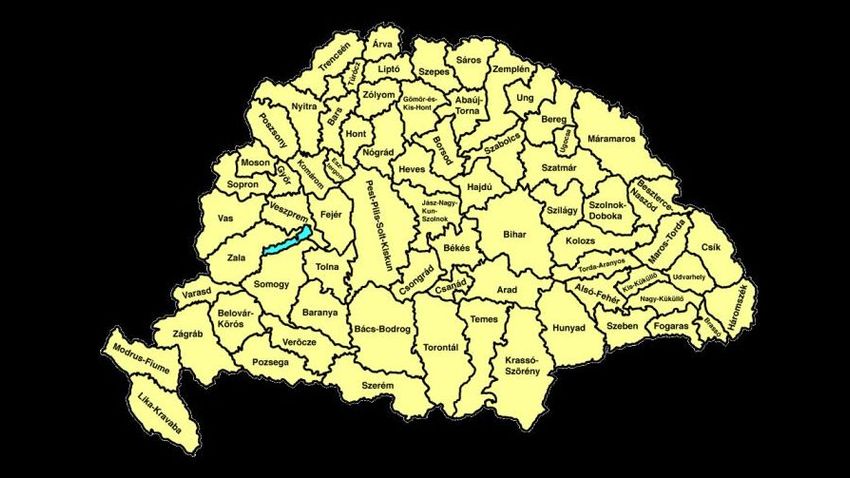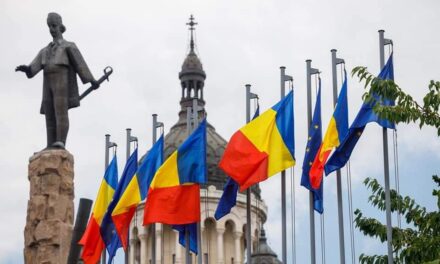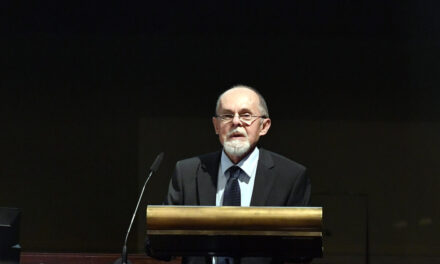In 1920, we lost two-thirds of our country, and in 1945, together with the termination of our sovereignty, they tried to take away our entire history. They drew a sharp line, and just as the calculation of time was divided into the era before and after Christ, they created the "post-liberation" new world, radically breaking with the "before". Everything that had happened up until then suddenly turned into guilt, evil, persecution or simply non-existence. The millennial continuity is broken.
After the change of regime, the Antall government made some timid attempts to restore this lost time, but the very vociferous resistance (the embodiment of which was the SZDSZ, which was strongly embedded in the media, culture, economy and Western relations) slowed it down, even going back decades he sowed.
In possession of multiple two-thirds mandates, the Orbán cabinet began to slowly rebuild our links with the past, which took the form of substantial and/or symbolic steps.
Such was, for example, the restoration of the foundations of Hungarian statehood by bringing the Holy Crown to the Parliament in 2000, and such was the recent re-introduction of the names county and chieftain.
Of course, our opponents, fearing the deep (almost bottomless) depth of the well of the Hungarian past, immediately grabbed the keyboard so that they could use this as an excuse to portray national traditions and the millennia-old legal system. They try to set it as anachronistic, "medieval", but mostly as a joke. The latter is also their old method, the Pest cabaret of the first half of the twentieth century roughly entered the institution of marital fidelity and the traditional family: in the funny scenes, the husband is always silly and stupid, the lover is gallant and good-looking; but equally the wife is homesick and ugly in contrast to the pretty young lover. They treated the countryside in a similar way: the peasant, the village relative, always had a strange speech, was ridiculous, and was backward, in contrast to the smart, educated Pesti. It couldn't be a coincidence that the old Hungarian personal names got a kind of comical edge, effectively reducing the popularity of these first names to this day. The strange, clumsy guys were fondly called Jenő, Béla, Géza, associating with them a characteristic, dishonorable accent.
This is how they are trying to make the words "county" or "chief" impossible by placing them in a mocking linguistic environment. Mastering words also means mastering thoughts.
A good example of this type of confusion is the Eurobarometer survey, which the Népszava If you have to choose, for Hungarians, living is more important than democracy , adding enough contempt to this sentence. "When the Hungarians were asked what is more important as a result of the war in Ukraine: keeping the cost of living and prices at the same level, either at the expense of freedom and democracy, or protecting freedom and democracy even as the cost of living increases and the prices, then the vast majority of them chose the first." In this way, they managed to skillfully make the Ukraine, which has never functioned as a democracy and sometimes almost turned into a mafia state, synonymous with democracy and freedom, and thus stigmatized the Hungarian people, who are insensitive to these holy slogans. Of course, if we leave the thought rhythm of the Pest cabaret composers and their successors and ask the question: what do we think about Hungarian freedom and democracy, then it is more than enough to list our national holidays and our heroes, from the Kurucas of Rákóczi to the martyrs of Arad, to Péter Mansfeld, who believed in freedom not just for the sake of a questionnaire and in addition to the principle of popular sovereignty.
So, no matter how much they want to declare it out of date, instead of the left-wing domestic and international press, culture, politics and cabaret, we should read our own history books! They contain the answers to the questions of the surveys of the great minds.
Source: Vasarnap.hu
Image: Wikipedia
2022plus: The Hungarian counties, which were abolished in 1950, can be traced back to the reign of King Szent István. During the Council Republic, the first attempt was made to abolish the county system, and then the communist state power actually succeeded in carrying it out.













